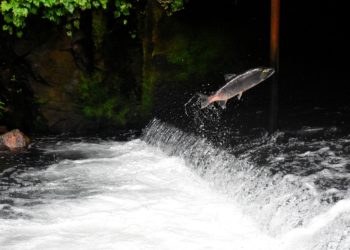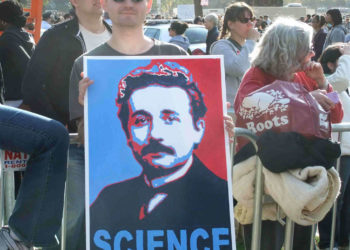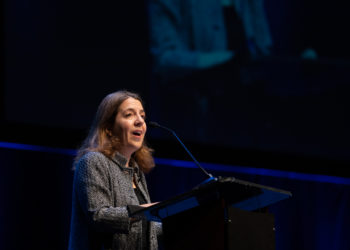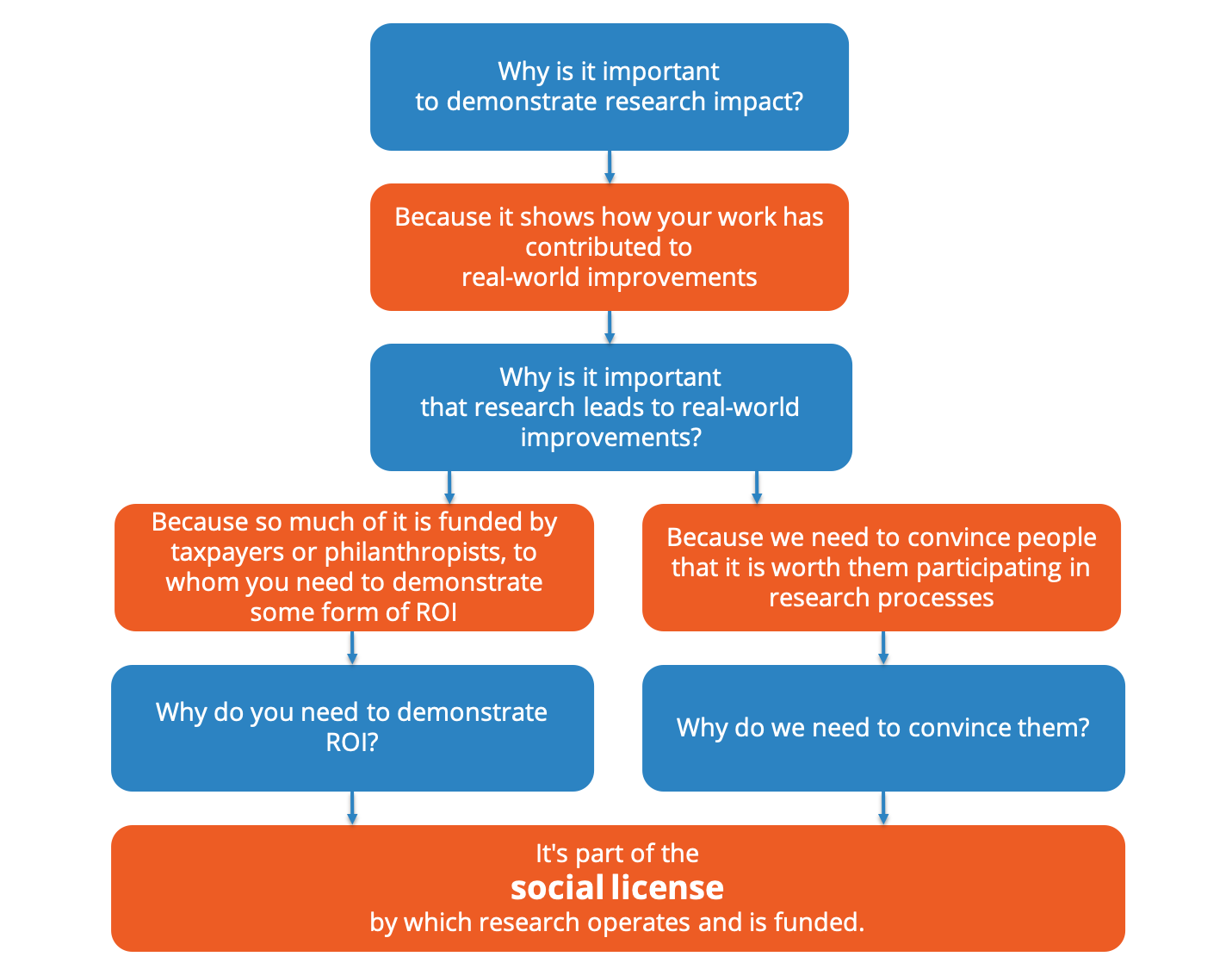
-
“the public have had enough of experts” (UK politician tries to undermine credibility of those arguing against his position on Brexit, and and opens the door to ready dismissal of all scientific evidence)
-
“we can’t trust scientists” (because famous experiments such as Milgram, the Stanford prison experiment, and the Stanford marshmallow experiment turned out to be flawed)
-
we can’t trust the news, because algorithms are being manipulated by SEO-savvy political teams (want to push news about your liaison with a model further down the rankings? push a bizarre story about your hitherto unknown hobby making models)
-
politically-motivated cuts to science funding
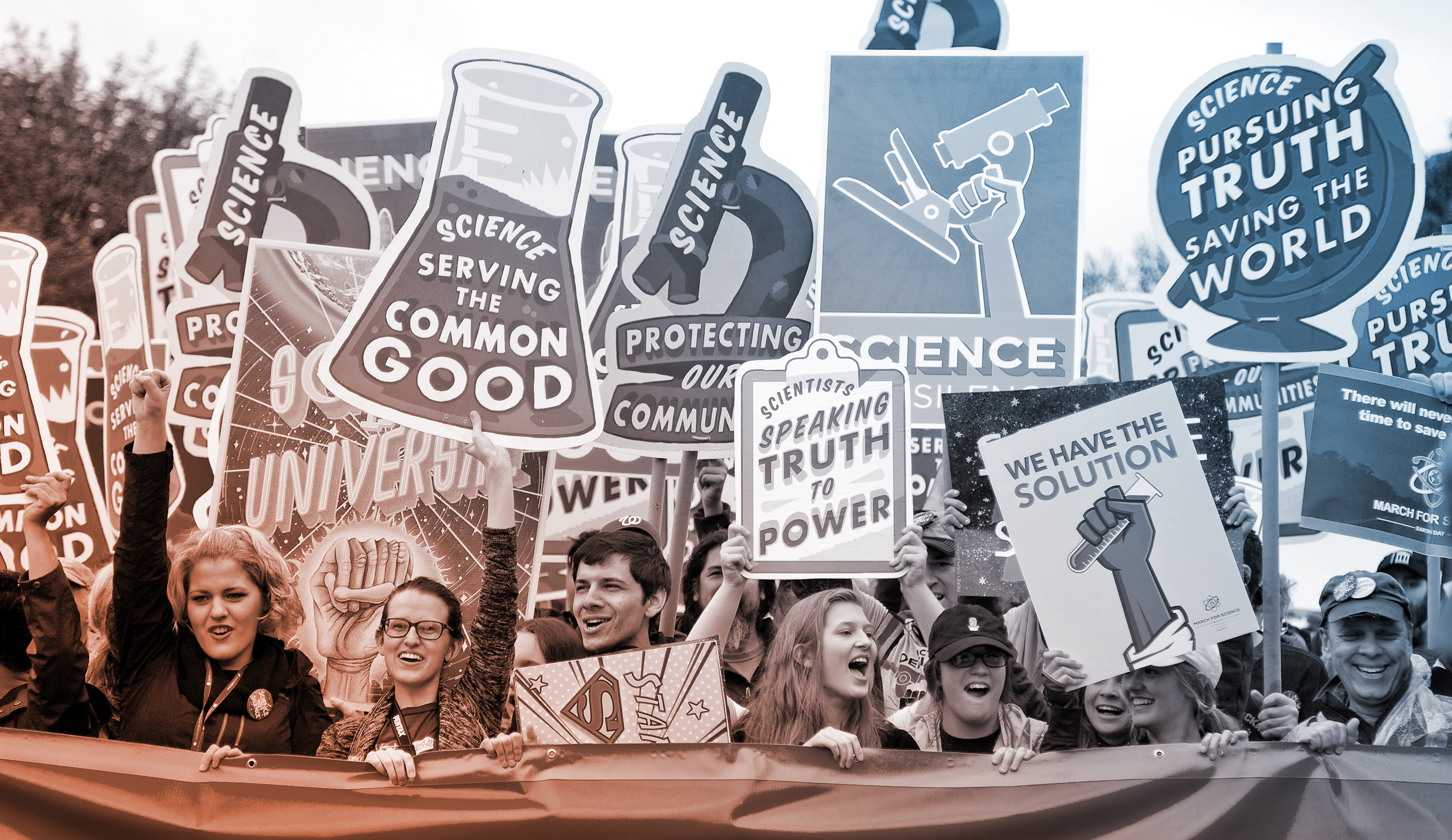
Discussion
6 Thoughts on "Researchers’ Social License – in Need of Renewal?"
You may also wish to add the broken tenure system to the list of issues related to the social license. Tenured professors routinely violate Federal and State laws, as well as the rules and regulations of their own universities. They face few, if any, consequences. Tenure is granted at a university level, not at a Federal or State level. Federal and State laws supersede tenure. “Research freedom” has been extended to cover any and all transgressions as much as possible. What the public sees is an unethical and immoral cesspool that undermines their ability to believe in the research results produced in such an environment. When academia regains a moral compass, people may begin to respect the research results again.
“Routinely”? How about “some individuals, in some instances, but rarely overall”? Most people are law-abiding or at least, as Hamlet put it, “indifferent honest.”
Hi Jewel, I’d be really interested in examples of what you’re referring to! I’m based on the UK and less familiar with examples from the US. But perhaps related is the issues of “fat cat salaries”, which has been an issue here in the UK, with various university vice chancellors being called out for huge salaries (while academics have held strikes to protest at cuts to their pension funds). See for example https://www.bbc.co.uk/news/uk-england-bristol-42260090 and https://www.ft.com/content/b1c8c900-305f-11e9-8744-e7016697f225. Please do share links to the challenges you’re describing!
Very interesting take on the social license. I am wondering how does the social license dimension of almost the entirety of Humanities and Social Sciences Research, and also basic research in subjects like Mathematics look like? Would you please elaborate?
Hi Deen, I think social sciences have a particular need for social licence. Social science is sometimes defined as being “the scientific study of human beings” (https://www.thebritishacademy.ac.uk/blog/what-social-science). Many social science projects and fields will rely on participation by, and data from, human beings. You need those people to “approve” of that work, and find it worthwhile, for them to be willing to contribute their time, expertise, samples, stories etc. In basic research such as Mathematics, the concept of “social licence” may be little more than a willingness, on the part of taxpayers and donors, to continue funding research. But very quickly, as you move from (say) mathematics into computer modelling, “social licence” might involve the need for stakeholders to accept and apply the results of that work. For example, communities with the potential to be affected by natural disasters need to trust data scientists’ advice to evacuate. Does that answer your question in the way you hoped?
Thank you, Charlie. This is really helpful. Essentially, we should then assume that society always knows what is worthwhile, especially in foresight. It could be a problematic assumption if you ask philosophers, but nevertheless, it is good to be aware of the social license aspect in research.
